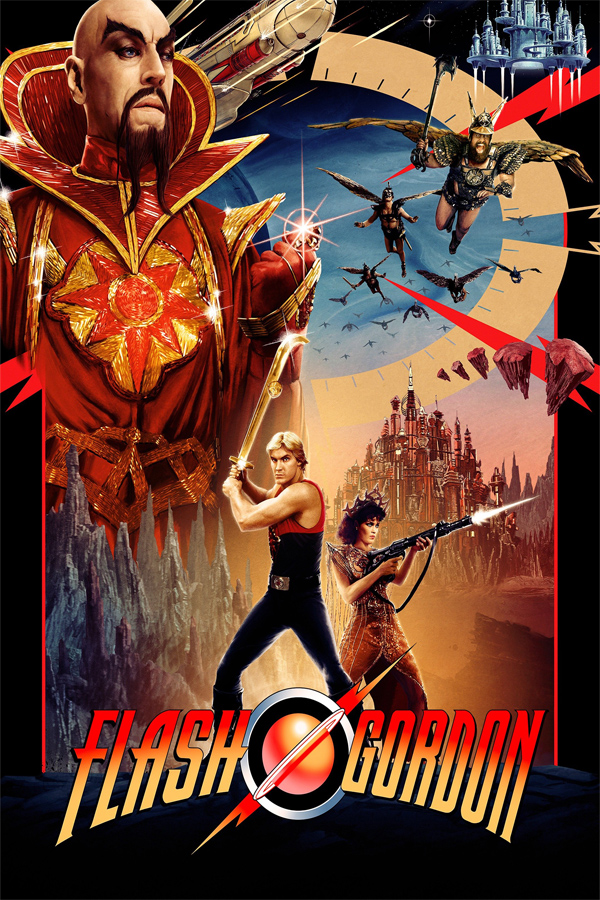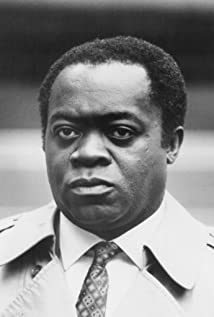Yaphet Kotto
Physically imposing, intense Yaphet Kotto was one of the few actors of his generation to succeed in breaking racial stereotypes in Hollywood. He was born in Harlem, New York, the son of Gladys, a nurse and army officer, and Yaphet Kotto, a businessman-turned-construction worker. His father was a Cameroonian immigrant, of royal ancestry (his great -grandfather had been a king in pre-colonial days), and his mother's family was from Antigua and Panama. Yaphet, whose first name means "beautiful" in Hebrew, was raised in the Jewish faith. After his parents divorced, he was brought up by his grandparents in the tough Bronx district of New York. He also had an aunt in showbiz who ran a dance academy. Among her alumni were Marlon Brando and James Dean. In fact, it was Brando's performance in On the Waterfront (1954) which inspired Kotto to go into acting.
He began acting on stage in 1958 with little theatrical experience, making his debut in the title role of Othello, a role he eventually reprised on screen in 1980. He also appeared on Broadway as understudy to James Earl Jones in The Great White Hope. After joining the Actor's Studio, Kotto commenced his screen career and soon gathered critical recognition with several edgy performances across diverse genres. From playing a barkeeper in 5 Card Stud (1968) and a thief in The Thomas Crown Affair (1968), he moved on to juicier supporting roles as the evil Kananga/Mr. Big in the James Bond thriller Live and Let Die (1973), Ugandan dictator Idi Amin in the telemovie Raid on Entebbe (1976) and the ill-fated Nostromo engineer Parker in Alien (1979). Kotto also starred as a street-smart Detroit car worker in Blue Collar (1978) and had a recurring role as a senior detective on television's long-running crime series Homicide: Life on the Street (1993) (in addition to penning several scripts for the show). He was even on a Paramount shortlist for the coveted role of Jean Luc Picard in Star Trek: The Next Generation (1987), alongside Mitchell Ryan and Roy Thinnes). He apparently spurned the role for fear of being typecast, but came to rueing that decision in later years. For the same reason Kotto had also turned down the part of Lando Calrissian in the Star Wars franchise (which went to Billy Dee Williams).

